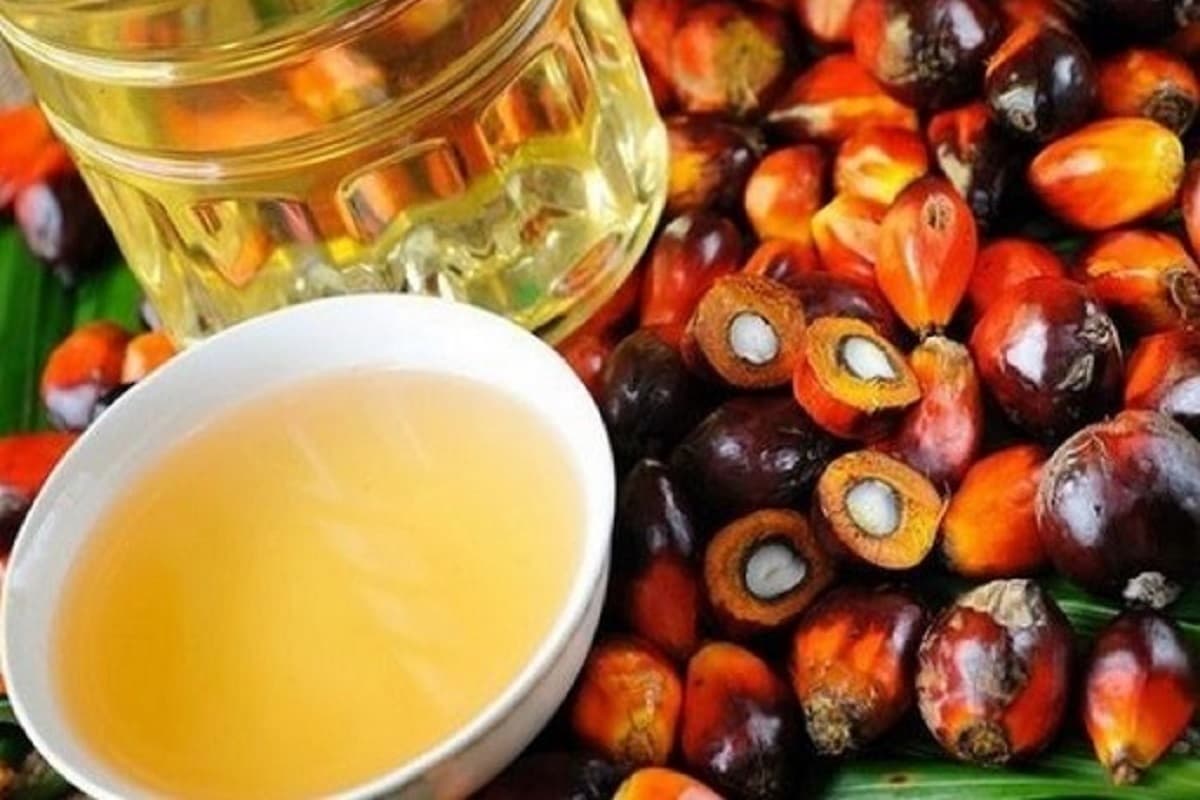
KUALA LUMPUR (Sept 15): Malaysia's palm oil is set to be more expensive for importing countries, following the Malaysian Palm Oil Board's (MPOB) latest decision to maintain export tax at 8% at an increased crude palm oil (CPO) reference price.
MPOB raised the CPO reference price by RM126 to RM4,033.51 per tonne for October, from RM3,907.51 for September.
In contrast, Indonesia's Trade Ministry reduced its CPO reference price for the Sept 16 to 30 period to US$846.32 (RM3,837.45) per tonne, down from US$929.66 for the first half of the month.
The new reference price would place the export tax at US$52 per tonne, the Indonesian ministry said on Thursday (Sept 15).
Sathia Varqa, co-founder of Singapore-based Palm Oil Analytics, said the new MPOB reference price at 8% tax rate, coupled with Indonesia's current policy of not collecting levies for palm oil exports, which is extended until Oct 31, will further diminish demand for Malaysian-produced CPO.
"Malaysia CPO has always been more expensive but the differences now could widen. Indonesia reduced CPO reference price for the Sept 16-30 period, compared to Malaysia that increased its reference price. While Indonesia's tax rate falls, Malaysia's payable duty rises. Malaysia's prices will have to move lower to compete with the cheaper Indonesian CPO," he told ^The Edge.
He noted that Malaysia's CPO futures are already pricing this in with a fall of over RM100 per tonne across the board.
CPO futures contracts for October fell RM116 to RM3,659 per tonne, November declined RM132 to RM3,724, and December dropped RM134 at RM3,783.
Indonesia has suspended levy collection on palm oil since July 15, in order to boost exports but export tax is retained and is adjusted bimonthly according to the CPO reference price.
David Ng, senior proprietary trader at derivatives trading firm IcebergX Sdn Bhd, said higher taxes and reference price will eventually make CPO less competitive to rivals.
"However, demand is expected to stay strong as eventually Indonesia's stocks will decline. This may shift some demand over to Malaysia. But ultimately the government will be able to collect higher tax revenue by maintaining the export reference price," he told ^The Edge.
Malaysia's palm oil output rose 9.7% month-on-month in August, while exports fell 1.9%, resulting in inventory rising to 2.09 million tonnes.
"Stock levels in Malaysia could remain high until Indonesia's tax-free holiday ends [at end-October], which means exports from Malaysia could only improve towards the year end," Ng added.
This, together with potential disappointments in output in Malaysia due to the prevailing labour shortages, could mean stock levels may only drop towards the year end.